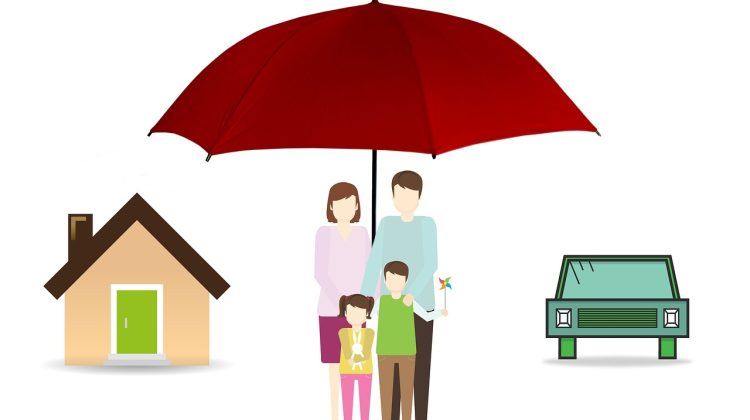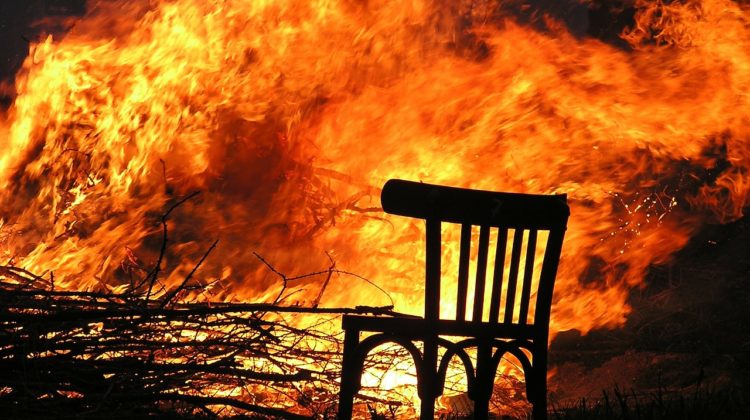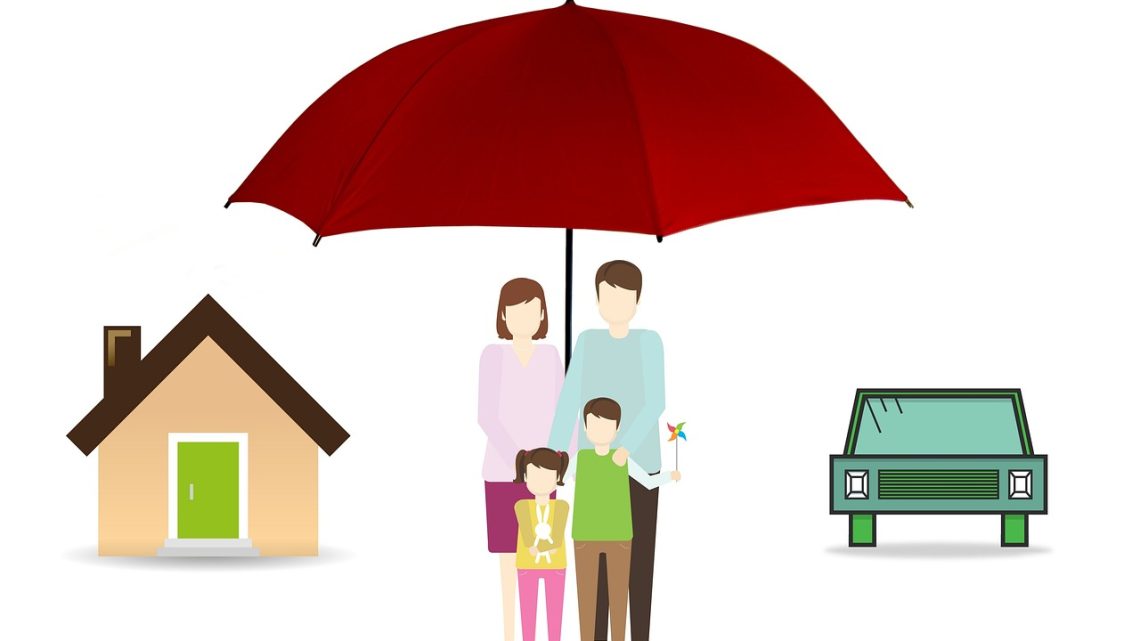Everyone knows what insurance is, and how to get it. But what do you do with when you’ve got it? If you had to make a claim, would you know what to do? This 3 part guide covers what to do in the event of a claim, continuing with home insurance.
Home Insurance
Depending on the nature of the claim, there are certain things which you need to do. If you’re a victim of a robbery or vandalism, you need to first of all inform the police. Make lists of all stolen items and/or damaged property, as well as photographs or videos of the latter, with copies. When the police arrive, take their names and badge numbers for your insurer’s records. You will also need copies of your statement and any other police paperwork to give to your insurer, as well as copies for yourself.
If you or someone else is injured in your home, medical assistance should be sought as soon as possible. Keep all records of hospital visits, prescriptions and doctors notes, and provide copies for your insurer. Again, try to get relevant photographic evidence of injuries and the scene of the accident, and any objects which may have contributed to the injuries.
Another common reason for claiming on house insurance is renovations and/or decorating disasters. If you have hired professionals to carry out work in your home and they cause damages, they should have insurance which you can claim from. If you cause the damages yourself, you will need to claim on your own insurance, but this can be difficult. Before undertaking any work more complicated than painting or wallpapering, check your policy. You may need to inform your insurer of your intention to carry out work, otherwise a claim could be rendered invalid.
If repairs are needed for something like a leaky pipe or water damage, call your insurer before a repair company. Your insurance provider should be able to give you a list of recommended repairers which are available on 24 hour call-out.
In the case of a natural disaster such as a flood or hurricane, you will need to notify the insurer and possibly your local council if your property is damaged. The authorities may provide a safe house or other assistance if your home is severely damaged. If the natural disaster was anticipated through weather warning etc, there may be a contingency plan in place already to help victims.
In some cases, you may be able to afford repairs without claiming on your insurance. Do this if possible as a number of small claims will end cheap home insurance premiums. It’s worth getting both buildings and contents insurance if you’re a DIY fan!
About the author
J Tillotson is a financial author in the UK










No Comment